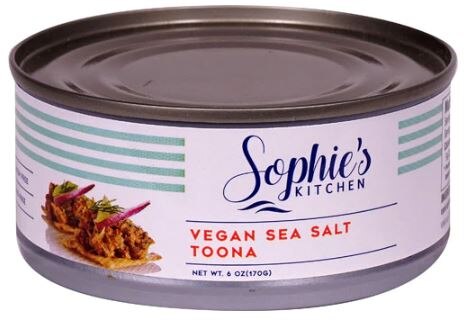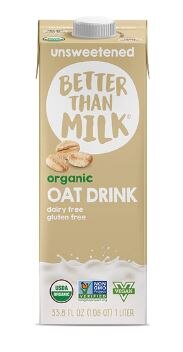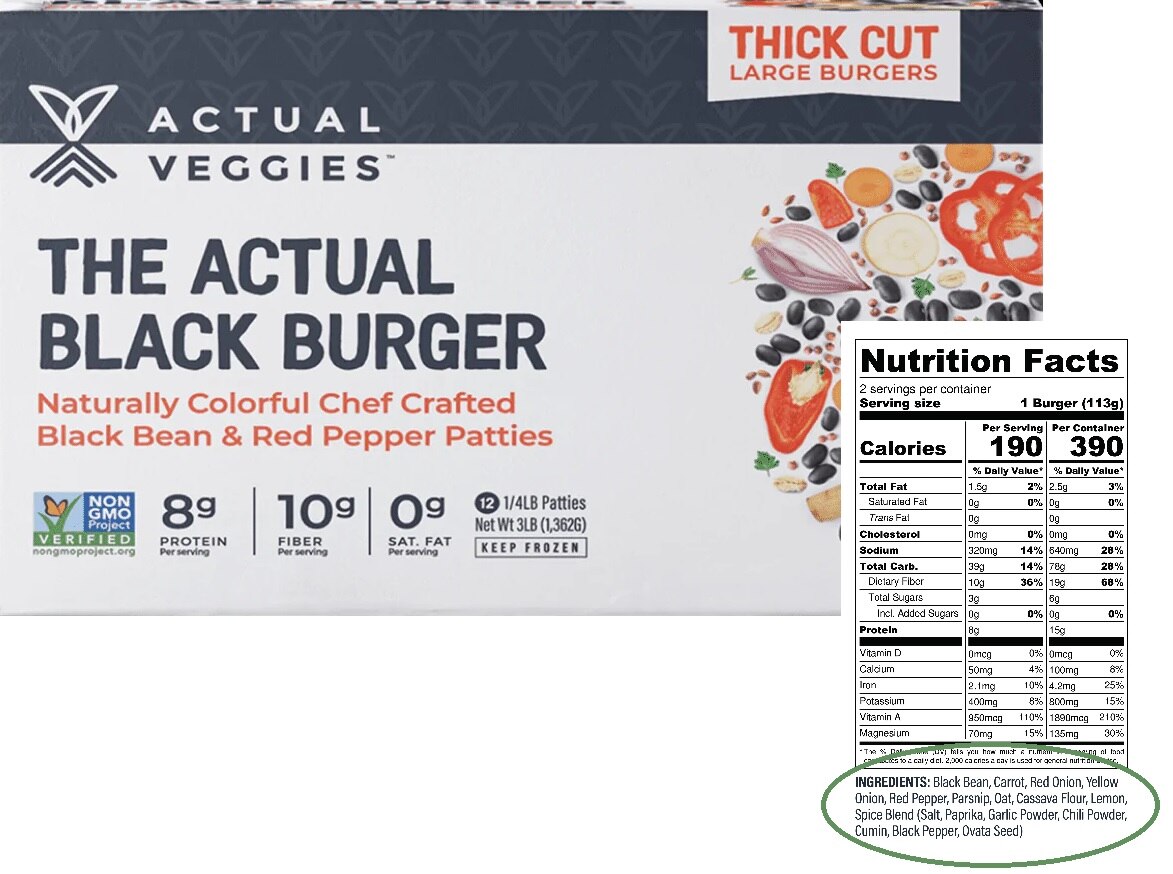Walk into your local grocery store, and you’re likely to see at least one display of plant-based foods that wasn’t there a year ago. What was once a fringe diet has hit the mainstream, and it’s growing fast. Plant-based and alternative protein companies have raised over $1 billion in the second quarter of 2022 alone, and the global market for plant-based alternatives could reach a value of as much as $166 billion by 2031.
And it’s not all Beyond burgers and Impossible sausages. Innovative protein sources and ingredients are making it possible for companies to create new products that cater to every cuisine, taste and culture. This has given rise to several trends that are shaping the plant-based landscape in 2022.
1. Eggs and seafood come into their own
Companies around the world have been in a race to develop egg alternatives. JUST liquid and folded eggs are perhaps the most well-known in the U.S., but companies like Evo Foods in India and Les Panpondu in France are also busy whipping up products that can be scrambled, made into omelets or fried sunny-side up. U.S.-based plant-based snack company Crafty Counter has even developed a hard-boiled egg alternative made entirely from whole and minimally processed plant ingredients like nuts and coconut milk.
Plant-based seafood is also gaining popularity due to increasing concerns about how overfishing and pollution are affecting the oceans. Alternative seafood companies like Good Catch, Sophie’s Kitchen and The Plant-Based Seafood Co. are tackling everything from tuna and shrimp to scallops and calamari.
Emma Osborne, CEO & Founder of Citizen Kind, notes that the trend is spreading across the globe.
“I just went to the seaside in Scotland and could order 3 different kinds of vegan fish and chips!” she reports. “The world is changing, people!”
2. Dairy alternatives are booming
Plant-based milks accounted for 15% of milk sales in 2021—that includes both plant and dairy milk. Oat milk continues to be a favorite, and new milk alternatives made from ingredients like potatoes and bananas are starting to appear on the market. Ice cream is following suit with innovations like Wicked Kitchen’s pints, bars and cones made using protein from lupin beans.
And then there’s cheese.
It’s the one food that most people struggle to give up when switching to a plant-based diet, and many alternatives have failed to live up to expectations. One notable exception is Miyoko’s Creamery, whose cultured, nut-based cheeses set a new standard by drawing on artisanal cheesemaking practices. Other companies like Treeline and Nuts for Cheese take a similar approach to recreate authentic cheeses. Some, like Grounded Foods, are thinking outside the box and experimenting with unique ingredients like cauliflower and hemp seeds.
Pizza lovers aren’t left without options, either. Plant-based cheeses of the past failed to melt and stretch like their dairy-based counterparts, but brands like Pleese in New York City have developed new formulations to delight even the pickiest dairy lovers.
3. Plant-based is making its drive-thru debut
Restaurants like KFC, Burger King and Dunkin’ Donuts recently added plant-based alternatives to their menus in a push to get in on the plant-based boom. Burger King locations in Austria went so far as to experiment with a campaign to make plant-based the default. (Employees asked customers if they’d like their orders “regular or with meat,” which elicited mixed reactions.) But many of these options aren’t truly plant based, since most still come topped with dairy cheese or are cooked using the same oil or equipment as meat-based dishes.
Other fast food restaurants are going all-in with 100% vegan menus that include popular plant-based meat alternatives, proprietary recipes and house-made sauces and condiments. One such restaurant, Plant Power Fast Food recently dropped prices on its burgers and cheeseburgers to compete with standard fast food chains in a push to “make plant-based fast food an easy choice.”
4. Cleaner labels and better ingredients
When the plant-based boom started, many companies focused on making alternatives that mimic the taste and texture of animal proteins. These products have since faced criticism for containing “unnatural” ingredients and being “too processed.” In response, some plant-based food brands are cleaning up their labels by swapping common additives for healthier options, such as food-derived colors or functional enzymes.
But brands like Cool Beans, Actual Veggies, Big Mountain Foods and Gosh! started with clean labels and continue to produce plant-based alternatives using whole and minimally processed ingredients. Jared Kligerman, President of The Think Tank (TTT) and co-founder of Wander Nut Butters, foresees this trend continuing, saying there will be “growth in vegetable-based ‘meat’ products (like black bean burgers).”
What’s driving the change?
Health is one of the biggest reasons why more people want to eat plant-based foods at least some of the time, and increased accessibility is making it easier to purchase alternatives. Whereas you used to have to make a special stop at a store like Whole Foods or Sprouts to find plant-based products, you can now purchase many popular brands at Walmart, Target and other big retailers.
The shift is driven, at least in part, by the internet. Vegan and plant-based influencers on Instagram, YouTube and TikTok show their followers that eating plant-based can be easy, tasty and fun. Brands can spread the word about their products through the same online platforms, which increases awareness and demand. The products themselves are also improving as plant-based brands experiment with new ingredients and production techniques that result in better appearance and flavor.
But for some people, ethical reasons are the primary motivator. Concerns about climate, sustainability and animal welfare prompt even those who enjoy meat to reach for plant-based alternatives. Sustainability is particularly important among younger generations like Gen Z, who believe eating plant-based is one way they can reduce their environmental impact.
Elysabeth Alfano, CEO of VegTech Invest, sees this as a big opportunity for plant-based brands: “The sooner plant-based food companies can get to disclosing [carbon footprint and sustainability] numbers and leading by example, the sooner plant-based innovation shows its distinct superiority as a less harmful, sustainable food supply option.”





